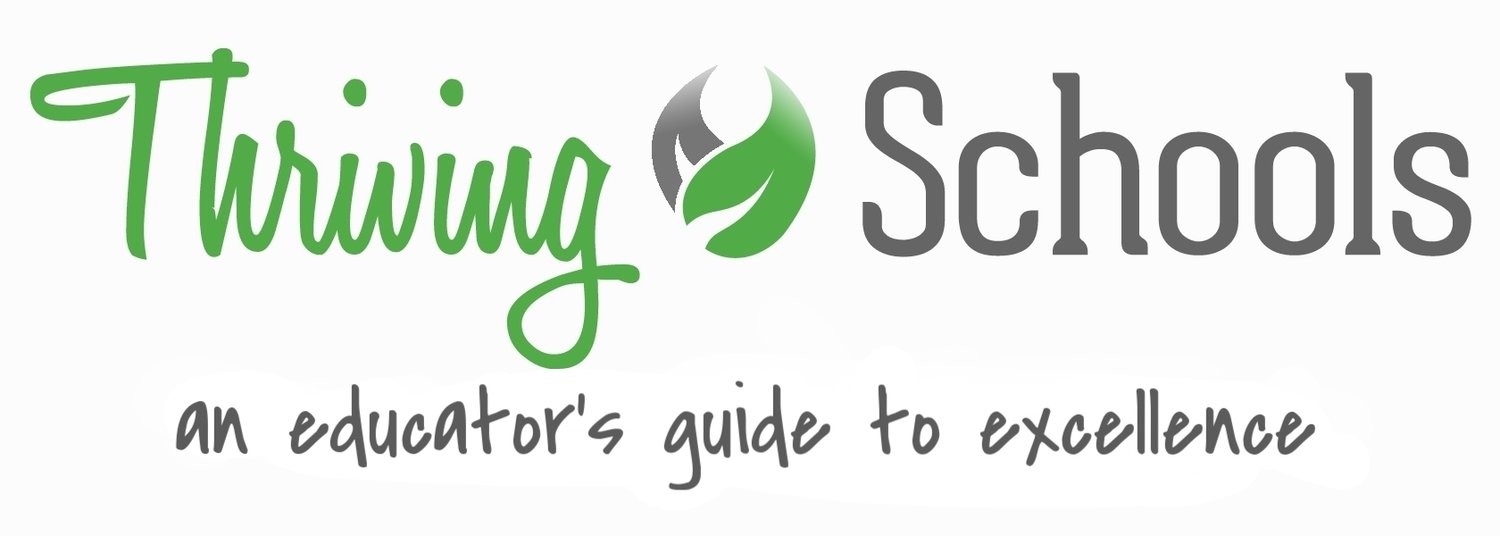Bitsbox: Engaging coding projects for the classroom
/Being successful with coding requires lots of practice. But the only way students are going to put in the necessary work is if it’s also fun and exciting. Bitsbox is an education startup working to bridge this gap and we recently had the chance to speak with one of its co-founders, Scott Lininger. Scott told us one of his favorite questions to ask students is, “What’s your project?” Because it doesn’t matter if it’s building a robot, making a website, or coding an iPhone game – if a student’s got an answer, they’re likely to have the resilience to succeed. Read on to learn how Bitsbox is bringing this style of engaging, project-based programming into the classroom.
Read More
